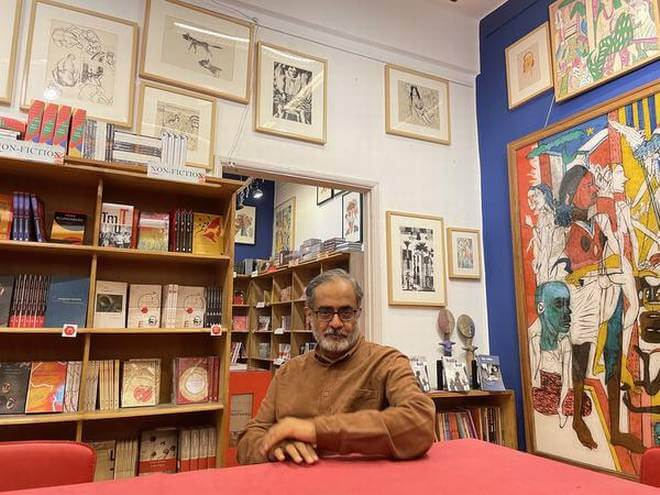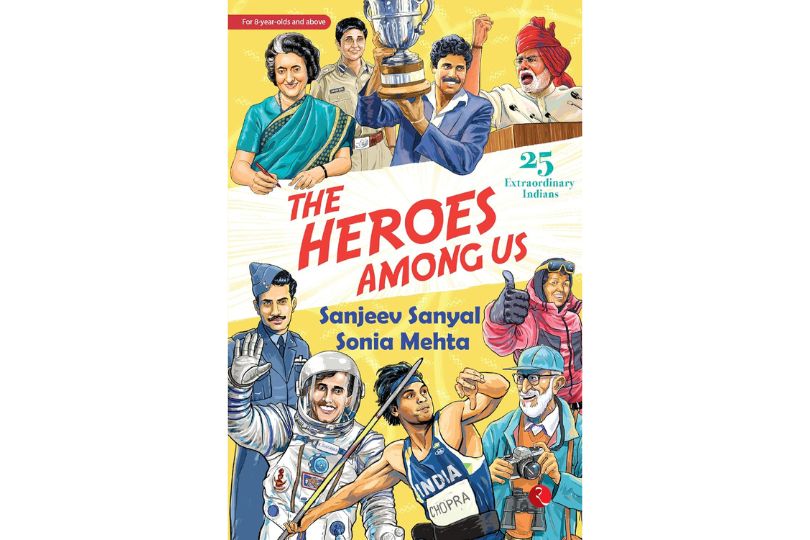Frontlist | Conversations across cultures: The politics of translation and Seagull Books
Frontlist | Conversations across cultures: The politics of translation and Seagull Bookson Mar 15, 2021

In a scenario where U.K. or U.S. publishers almost exclusively decide which translated books the Third World gets to read, Kolkata-based Seagull Books bucks the trend by commissioning translations directly for both local and global markets
The politics of translation has been brilliantly excavated in recent decades by theorists ranging from Walter Benjamin to Gayatri Spivak. More quantitative studies also exist, indicating how translation flows in certain directions: for instance, from English to other languages, sometimes even from one language to another via the medium of English. These are highly unequal flows in a world of great inequalities. A handful of languages, with English as the first of the first, determines these flows.
However, one area that has not been examined as much is the selection of texts to be translated within English. It has gone almost without notice that, as a rule, the texts translated into English percolate through the metropolitan publishing arenas of the U.K. and the U.S. This is obvious enough when one looks at the majority of bhasha texts translated into English in India: most of them, published solely in India, are not picked up for publication or critical notice globally. However, those bhasha texts that are translated primarily for a major Western publisher find themselves automatically published — to much critical notice — in South Asia. I am not talking of quality here, but of flow.
Restricted view
Even more one-sided is the translation of languages from outside India for the reading public in India. This is solely through the agency of Western publishers. It afflicts even other major European languages like, say, German or French. As a rule, a German, Spanish or French book is commissioned for translation by a U.K. or U.S. house, published for a British and American readership, and then, sometimes, reprinted in India or Pakistan or Bangladesh.
This is a ‘commonwealth’, ‘postcolonial’ and ‘Third World’ scenario: U.K. or U.S. publishers commission almost all the English translations from other ‘national’ languages that are then reprinted in India, Nigeria or the Caribbeans. This channel again consolidates the agency and clout of the imperial centres of cultural and economic commerce: it is American and British publishers who decide what is to be translated, and how. Their considerations determine how it is to be presented and annotated.
Must Read -
Stephen King’s newest is surprisingly short for this audiobook roundup
How women have shaped philosophy: nine female philosophers our authors admire
10 tips for budding screenplay writers
If, as they say, every translated book is a window into another culture, then it is British and American publishers who mostly determine which windows into Germany, Korea or Brazil might be opened to an Indian or Nigerian reader. Does this window face South or North? Is this window to the right of that particular house of culture or to its left? The Indian or Nigerian reader has her view of even Germany, Korea and Brazil shaped by ex-colonial or neo-imperial centres of economic and cultural commerce.
Against the tide
Given this, it is surprising that the work of Kolkata-based Seagull Books has gone largely unremarked not just globally, but even in India. Because Seagull Books has been vigorously rowing against this tide. I have always known Seagull as one of the few Indian publishers who commission and produce beautiful translations from Indian languages.
Most of my acquaintance, for instance, with the works of Mahasweta Devi, who never really got her due globally despite brave efforts by Spivak and others, came through accomplished translations contracted and published by Seagull Books. This is a tradition that Seagull has continued: most recently with Nabarun Bhattacharya’s Sahitya Akademi Prize-winning novella Herbert in a new translation by Sunandini Banerjee.
One was also aware that Seagull Books published the occasional translations from other world languages, but what is important is that these translations are not reprints of U.K. or U.S. editions, as is the case with almost all other translations into English published in the developing world. While some individual translators in these nations do try their hand at direct translation, these remain mostly unpublished or are haphazardly published. Professional translations, of the sort that Seagull Books publishes, tend to be reprints from the U.K. and the U.S.
In fact, to the best of my knowledge, Seagull Books is possibly the only Third World publisher with such a serious list of directly contracted translations from other world languages into English. Even more important, it does not publish translations for a South Asian readership alone; there are others doing that. Seagull is distinctive because it selects and commissions translations directly, and then publishes and markets them for both the South Asian and the global market. This totally reverses the usual flow of literature.
Impressive list
The Seagull list is impressive. Its recent publications contain, for instance, Hélène Cixous’s We Defy Augury, translated from the French by Beverley Bie Brahic, and Elfriede Jelinek’s On the Royal Road, translated from the German by Gitta Honegger. Cixous is one of the most acclaimed French writers today, once described by Jacques Derrida as “the greatest writer in the French language”. The Austrian Nobel laureate Jelinek’s play, On the Royal Road, was published just after Donald Trump won the U.S. presidential election in 2016. In this drama, we meet a “king,” blinded by himself, who has made a fortune with real estate, golf courses and casinos, who suddenly comes to rule the United States.
Then there are novels like The Parasite by the Indonesia-based Hungarian writer, Ferenc Barnás, translated by Paul Olchváry, and the The Book of Sleep by Haytham El Wardany, translated from the Arabic by Robin Moger. While The Parasite puts a dystopian finger on the pulse of our age by narrating a man who is essentially a parasite, The Book of Sleep combines poetry and philosophy with storytelling to explore sleep — not as unproductive but as essential to ‘action’ — all of it against the backdrop of the 2013 Spring protests in Egypt. “My concern was not to create a literary product in the conventional sense, but to try and use literature as a methodology for thinking,” El Wardany has been quoted as explaining.
That quotation is probably a good summary of what Seagull Books is doing with this brave — and, to my mind, revolutionary — selection of translations. The books selected are varied: plays, novels, stories, philosophical essays. While they definitely lean towards the progressive side of the literary spectrum, they are not limited to any fixed ideological slant. What unites them is exactly this: all of them use literature as a “methodology for thinking”.
Naveen Kishore, publisher, Seagull Books, is fully aware of this. Commenting about his project, he says: “[They are] conversations across cultures. Intense, investigative, probing. Wanting to know. You cannot simply call it an encounter or an interview. It appears to take on the shape of a conversation amongst equals. The scales tip again, and you find yourself an acolyte one moment and a teacher the next. Sometimes both, in an extremely delicate moment of clarity. What tremendous freedom. What tremendous responsibility.”
Kishore says that Seagull Books has in the last 15 years acquired some 600 international titles and their world rights. These are significant books by major writers, including Nobel laureates. But these are not the kind of books to be found on the bestseller shelves of airport bookshops. And that is another very good reason to check them out.
The writer is an Indian novelist and academic who teaches in Denmark.
Source: thehindu.com
cultures
Frontlist Latest Update
Frontlist News
global markets
politics of translation
Seagull Books



.jpg)






.jpg)
.png)
.jpg)

.jpg)
.jpg)
.jpg)
.jpg)










Sorry! No comment found for this post.